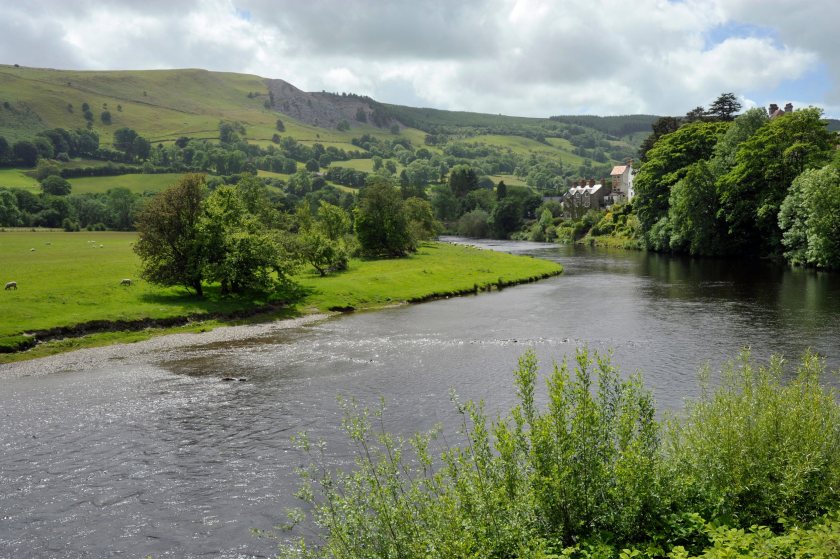
Farmers should be incentivised more to help reduce river pollution, according to a new report setting out priorities for restoring polluted fresh waters.
The ask is in a new report by the British Ecological Society, which brought together 40 experts to collate opinion on freshwater policy.
Published today (22 March), it sets out a list of priorities for the government's biodiversity evidence programme to focus on.
With 70% of England’s land farmed, one priority listed in the report is to reduce the flow of agricultural pollution into waterways.
It calls for farmers to be better incentivised to take up regenerative agriculture practices, such as those which reduce the use of fertilisers, pesticides and herbicides.
According to Alan Lovell, the chair of the Environment Agency, farming is responsible for 40% of England’s river pollution, even more than water firms at 36%.
The society's report also calls for farming practices to move away from rivers, as well as fencing off watercourses to keep livestock out, and planting riparian woodlands.
Rob Booth, senior policy officer at the society said: "Land management actions to improve water quality are already financially rewarded in England through various schemes and offers, so the question is how to improve uptake.
"The report states that such actions should be 'rewarded appropriately' and given growing societal concern about cleaning up England's rivers, such actions would surely resonate with the public."
As well as incentives, the report says farmers need "clear and independent advice routed in ecological evidence" on delivering environmental sustainability.
Aside from agriculture, other asks in the report include better regulation of sewage, particularly targeting failing sewage plants in headwaters.
There should also be sustained investment in monitoring the state of biodiversity in fresh waters.
